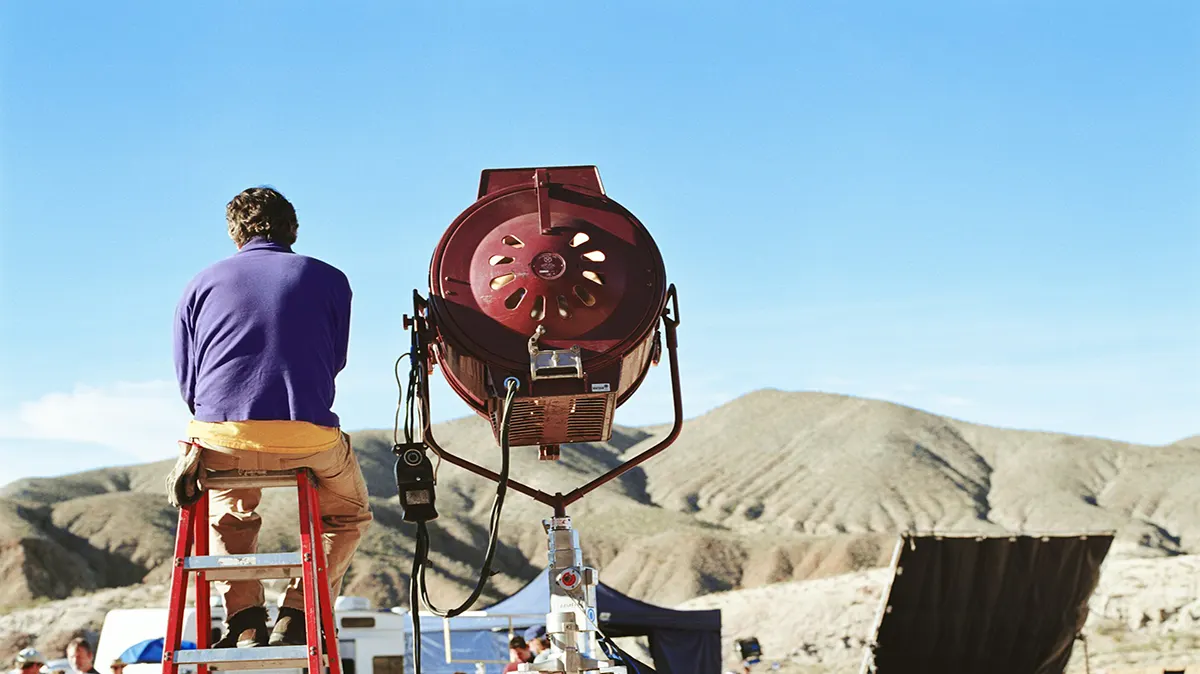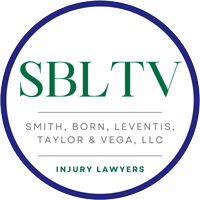
South Carolina Workers’ Compensation for Movie & Film Crew
Learn if you qualify for SC workers’ comp benefits after an injury on a movie or film set and how to maximize your claim
The glitz and glamor of the silver screen can be captivating, but behind the scenes, movie and film crews face a multitude of hidden dangers. From long hours and heavy lifting to potential exposure to hazardous materials and stunt work, the risk of injury is ever-present. This isn’t just about bumps and bruises—serious injuries and fatalities can occur, leaving workers and their families facing significant physical and financial challenges.
The good news? Workers’ compensation benefits may be available to help. In this article, we delve into the specific risks faced by film crews in South Carolina and explore how workers’ compensation can provide crucial support in the event of a work-related injury.
Common jobs on movie and film sets
Movie and film sets are like bustling mini-cities, filled with a variety of crews working together to bring a vision to life. Here’s a quick rundown of some of the most common jobs found on set:
Pre-production:
- Script supervisors
- Location scouts
- Set designers
- Costume designers
- Prop masters
Production:
- Directors
- Cinematographers
- Armorers
- Gaffer
- Grips
- Sound recordists
- Hair and makeup artists
- Set dressers
- Actors
- Stunt performers
- Cleaning crew
- Catering staff
Post-production:
- Film editors
- Visual effects artists
- Sound editors
Are film sets dangerous?
Film sets can indeed present various hazards, making them potentially dangerous workplaces. According to the Occupational Safety and Health Administration (OSHA), in 2016 alone, the film industry experienced 57 fatal injuries and an estimated 5,570 nonfatal injuries and illnesses that led to days away from work.
More recently, the industry has been under increased scrutiny for several high-profile incidents, including the death of cinematographer Halyna Hutchins on the set of Rust in October 2021, in which Hutchins was accidentally shot by Alec Baldwin when he fired a prop gun loaded with live ammunition.
In addition to Hutchins, other recent notable deaths that made the news include stunt woman Joi “SJ” Harris, who died in a motorcycle accident on the set of Deadpool 2 in 2017, as well as crew member Ricardo Cornelius, who was crushed between a vehicle and a wall on the set of Resident Evil: The Final Chapter in 2015.
Transportation accidents stand out as a particularly prevalent cause of injuries and fatalities, often occurring while moving between shooting locations or when performing stunts involving vehicles. Aside from these, falls and trips are also widespread, resulting from uneven terrain or cluttered set environments.
Additionally, crew members regularly experience strains and sprains from lifting heavy gear or engaging in repetitive movements. Electrical shocks from lighting equipment and exposure-related conditions like heat exhaustion or cold stress further contribute to the list of common injuries.
Steps and Expectations in Filing a Workers’ Compensation Claim
Learn what steps you should take to get workers’ comp benefits if you’re injured on the job.
Are movie and film crew members entitled to workers’ comp in South Carolina?
Yes, movie and film crew members in South Carolina are generally entitled to workers’ compensation if they suffer work-related injuries or illnesses. South Carolina law requires most employers with 4 or more employees, including those in the film and entertainment industries, to provide workers’ compensation coverage.
This coverage is meant to provide medical benefits, compensation for lost wages, rehabilitation services, and death benefits for injuries, illnesses, diseases, and fatalities directly related to the job.
To be eligible for these benefits, workers do not need to prove that anyone was at fault for their accident. They only need to be able to prove that their injury or health condition was a direct result of their job.
However, it’s important to note that only employees are eligible for workers’ compensation. Independent contractors do not qualify for these benefits.
Are film crew independent contractors or employees?
It depends. The classification of film crew members as independent contractors or employees can vary based on several factors, including how they are hired, the nature of their work, the level of control over their work, and specific contractual agreements.
Here’s how employees and independent contractors are typically distinguished:
- Employees. Film crew members might be classified as employees if they work under the direct control of the production company, which dictates their work hours, provides equipment, and has the right to direct how they complete their tasks. Employees typically receive a regular wage, have taxes withheld by their employer, and are entitled to benefits such as workers’ compensation and unemployment insurance.
- Independent contractors. Conversely, film crew members might be considered independent contractors if they maintain control over how they perform their work, use their own tools and equipment, operate under a business name, and are hired to complete a specific project or task without being directly supervised. Independent contractors usually handle their own taxes, do not receive employee benefits, and have more flexibility in their work arrangements.
The distinction is crucial because it determines rights to benefits, tax implications, and legal responsibilities. In the film industry, both types of workers are common, and the specific classification can depend on the project, role, and legal agreements in place.
If you’re unsure of your classification or if you believe you’ve been misclassified as an independent contractor after an injury in South Carolina, you should consider reaching out to a workers’ compensation attorney who can explain your rights and legal options.
Can I get workers’ comp benefits after an injury in South Carolina if I live out of state?
Yes, out-of-state film crew members injured while working in South Carolina may be entitled to South Carolina workers’ compensation benefits, but it depends on the specifics of your case.
Generally, if an employee is working temporarily in South Carolina or was hired specifically to work in the state, they may be covered by South Carolina’s workers’ compensation laws. The laws typically cover injuries that occur within the state, regardless of where the employee is from.
Sometimes, however, contracts between workers and employers specify which state’s workers’ compensation laws will apply in the event of an injury. These agreements can influence the entitlement to benefits.
It’s important for out-of-state film crew members working in South Carolina to understand their rights and responsibilities under the state’s workers’ compensation laws.
Workers should report any injury to their employer immediately—but no more than 90 days after the incident—to be eligible for compensation. They should also consider consulting with a work injury attorney to ensure their right to compensation is protected.
Get help from an experienced Charlotte workers’ compensation attorney
If you or a loved one has suffered a serious injury or fatality after working on a movie or film set in South Carolina, it’s crucial to take the necessary steps to get the compensation you rightfully deserve.
At Smith, Born, Leventis, Taylor & Vega, our knowledgeable Columbia work injury attorneys know the ins and outs of workers’ compensation laws and can help determine the best course of action for your specific situation.

